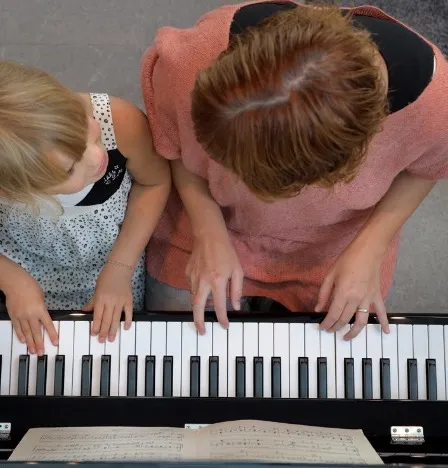I want to learn piano: beginner's guide
The time has come, you have taken the step to learn to play the piano. You are going to take lessons at a music school, with a private teacher, through an app or just on your own. Of course, you can't start playing the piano without an instrument. There is so much choice: acoustic pianos, digital pianos, silent pianos, grand pianos, occasion pianos, etc.... As a beginner, making a decision is not easy. We are happy to help you in your search to find the most suitable instrument for you. Find out more in this blog!
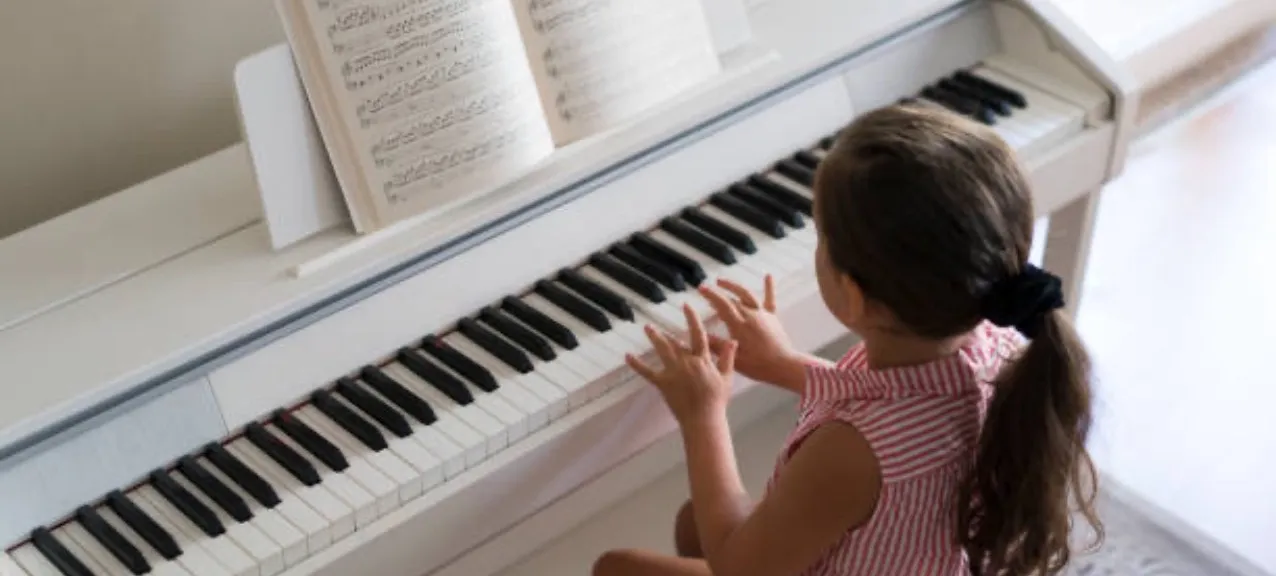
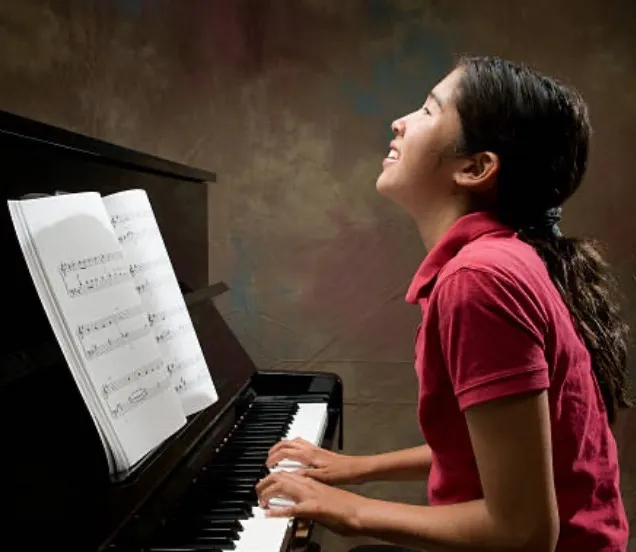
Is there such a thing as a 'beginner piano'?
A good quality piano will help further develop your passion and musical skills. So a good piano is important to enjoy your hobby, whatever stage you are at. In other words, there is no piano for beginners, but there is one for every situation and budget. The better the piano, the finer the playing, the faster you progress and thus the more benefit you can get out of it in the long run. Investing in sufficient quality ensures more playing pleasure and motivation, and will thus pay off at a later stage of your piano development. This is an important starting point when looking for your piano.

Do I choose an acoustic or digital piano? Or maybe a silent?
An acoustic piano is always preferable when looking for an instrument. After all, if you learn to play the piano on an acoustic piano, you will develop yourself better and faster musically and technically. And this is also valid for beginning pianists. Playing the piano is about creating your own sound! This does not mean a budget-friendly digital piano can't be a good solution for various situations. Be sure to read more about this in our blog "why (not to) choose a digital piano".
A digital piano is a simulation of a real acoustic piano and is usually more budget-friendly. In addition, a digital piano can be a good solution for practical reasons. The instruments are more compact and often easier to move around. The connection possibilities (USB, Bluetooth, etc...) are more extensive and you can use several interactive features (e.g. multiple sounds or accompanying styles).
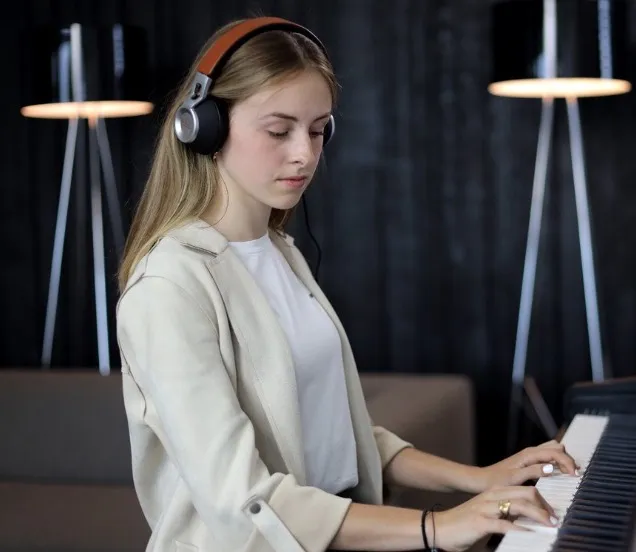
The playing feel and sound of a real acoustic piano has always been the starting point when building a digital piano. The better the digital piano, the closer you get to the acoustic playing experience. This is because the authentic acoustic feel is the most natural feeling of playing, this allows you to do more on a technical level and to put more dynamics and emotion into the music. For this reason, there are also hybrid digital pianos with the real mechanics of an acoustic upright or grand piano, such as the Yamaha Avant Grand or Kawai Novus series.
Silent pianos are instruments that can also be played with headphones, so you have both a digital and acoustic piano in one. If headphones are a must but you also want the acoustic sound and mechanics, a silent-acoustic instrument is worth considering. This can be interesting, for example, if you live in a flat and don't want to disturb the neighbours, or if you like to practise late at night. If there is room for a grand piano, it is also possible to play with headphones here. So with a silent piano, you always retain the sound and playing feel of a real acoustic piano, but still have all the (practical) advantages of a digital piano.
Our blog post "Choose your piano in 5 steps" can already make the search for the suitable instrument a lot easier.
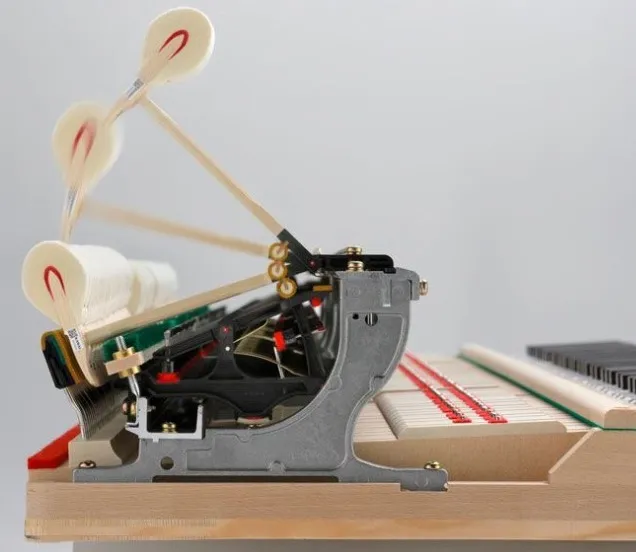
Do I choose an upright or a grand piano?
It is important to choose the best solution within your possibilities. Thus, we also have a wide range of occasion instruments to help realise your dream of an acoustic piano. All instruments are checked and if necessary overhauled in our workshop and are sold with a 10 or 5-year guarantee. Also read our blog: Why choose a second-hand piano?

I have a hard time choosing. What now?
If you want to discover piano playing at your leisure, and are still hesitant to make an immediate investment, you can also start by renting a piano. For instance, you can rent an acoustic piano for €69 per month or a digital piano from €49 per month, with a minimum rental period of 6 months. If it ends up being a success, you can recover part of your rental fee. The rental formula involves little risk and is an excellent choice for beginning pianists. More info via link.
Of course, there is also the option of leasing an instrument. In this formula, you can choose exactly what new or second-hand piano you want. You rent for a minimum of 18 months, but if you continue to rent, you become the owner of the piano after 50 months. The advantage is that you can immediately choose a higher quality piano, but at the same time spread the investment over 50 months.
We hope this blog answers certain questions anyway. We wish to help you in your further search. You are always welcome in one of our 9 shops to test and listen to the pianos in person (no blog or video can reproduce the sound of a piano correctly). During a visit, you can call on our piano advisers for further explanation. We are also available via web chat (bottom right), e-mail or telephone.



